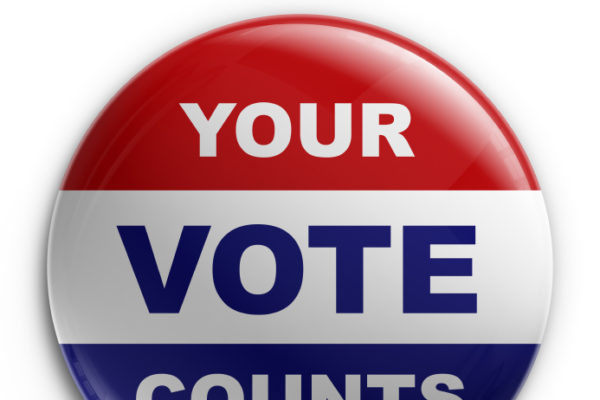Early in the 2016 Republican primaries, few predicted Trump’s victory. However, work we’ve been doing exploring the presidential debates using computerized text analysis suggests differently.
There may have been some important signs, namely the words he used. If other candidates want to be successful, they may want to take some cues from Trump and other successful primary candidates.
It may seem surprising to many, but based on our linguistic analysis, successful primary candidates, including Trump, in the last eight primaries (4 Democratic; 4 Republican) have spoken authentically, humbly, and optimistically. Why might such communication styles be impactful in the presidential primaries?
Also, what does might this tell us about the potential outcome of the 2020 Democratic primary?
Authenticity is a measure of how openly and honestly a person communicates. From past work on deception, we know that when people are being more honest, they tend to talk more about themselves and their immediate context where people being more evasive use distancing and hedging language.
Voters are likely drawn to authentic candidates who speak straightforwardly and communicate in transparent, honest ways. In 5 of the 8 recent primaries, the winner was the candidate who, on average, was more authentic in the debates. Interestingly, the three exceptions (Gore, Kerry, and Hillary Clinton) won the primary, but not the general election.
Clout is a measure of status and confidence. Individuals speaking from a place of leadership and who are confident in their position tend to talk more about their groups and social sphere and less about themselves. Interestingly, the winning candidates (in 6 of 8 elections) were lower in clout than the losing candidates. Once again, the exceptions (Gore and Romney) ended up losing the general election.
While this pattern may seem counterintuitive, primary voters potentially look for a candidate who is humble enough to engage with the concerns of the party base. That said, Trump and other successful general election candidates speak more confidently after the primaries suggesting general election voters may be looking more for a confident leader.
A final dimension to consider is optimism. Optimism is a measure of how positive and upbeat a candidate comes across. It is measured by calculating the ratio of positive words (e.g. good, respect, happy) to negative words (e.g. kill, anger, death) a candidate uses.
Primary voters, in particular, are likely looking for a candidate who is optimistic about the party’s chances and has a positive message for the future. In all but one election, the candidate who was more optimistic than their opponents on average won. John Kerry in 2004 was the only exception. While his profile shifted in some ways after he was nominated, Trump’s primary debate performance fit this profile well. So what do these patterns mean for the 2020 Democratic primary candidates?
Looking at the ten top-performing candidates at this time (as polling and fundraising also matter), a few candidates stand out.
Bernie Sanders and Pete Buttigieg are the most authentic and lowest on clout. However, they are also the most pessimistic, so neither quite fits the winning profile.
Amy Klobuchar is the most optimistic candidate so far, but is only average in authenticity and clout.
While not on the extreme of any dimension, Julian Castro may fit the winning profile best. He is relatively low on clout and high in authenticity and optimism.
With only two debates, the rankings on these dimensions will likely shift, but right now, Klobuchar and Castro (maybe Sanders and Buttigieg if they become less gloomy) are the ones to watch.
These are not the candidates leading the polls, but perhaps voters should give them another look. Psychological factors, like authenticity and optimism, can be important clues to how a candidate might lead and are worth taking into account when voters evaluate candidates.
Candidates like Biden and Warren, who seem poised for victory, may still win the nomination, but will they end up like Gore and Kerry losing in November? With the election over a year away, it is worth keeping an eye on how the candidates are talking as one possible clue to the outcome and to be open to considering less-well known candidates as viable options.
James Pennebaker holds the Liberal Arts Foundation Centennial Professorship in Psychology at The University of Texas at Austin.
Kayla Jordan is a PhD candidate in psychology at The University of Texas at Austin.
A version of this op-ed appeared in the Corpus Christi Caller Times.




